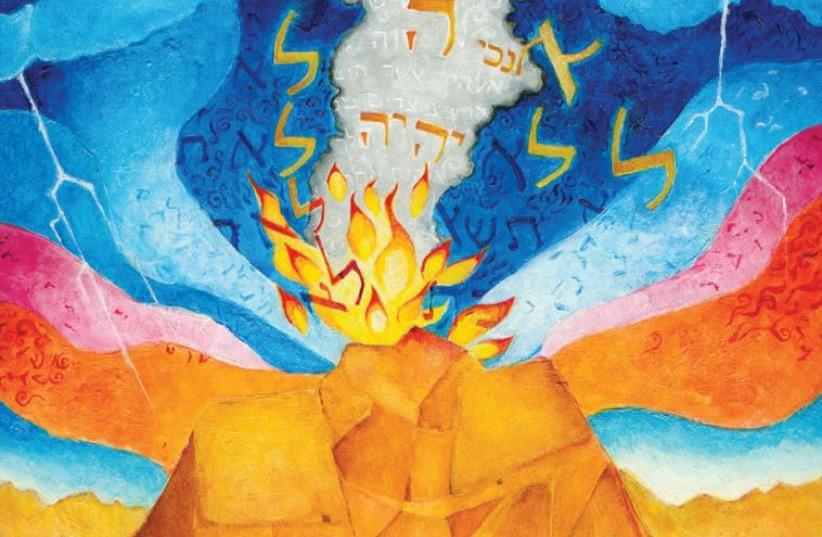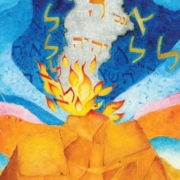Community in our hands
But Moses’ father-in-law said to him, “The thing you are doing is not right; you will surely wear yourself out, and these people as well. For the task is too heavy for you; you cannot do it alone.” (Exodus 18:17-18)
This week’s Torah portion is named after Yitro, father-in-law to Moses. Yitro was not part of the Israelite community. Torah describes him as a “priest of Midian,” an outsider. Maybe that’s why he was able to take one look at what Moshe was doing and say, “Hold up, son, this isn’t going to work.”

Moshe was working himself to the bone, all day, every day, standing in judgment. He was the sole point of contact between the people and God: their spiritual leader, their judge, their administrator, their magistrate, everything. Yitro knew that wasn’t a sustainable model. His solution was simple: share leadership.
He told Moshe to draw others into leadership and to empower them. This way the burden of caring for the community, and carrying the community, is shared. And it gives others the opportunity to step up and take some responsibility for the community, and in that way, the fabric of community is strengthened.
This is a basic leadership lesson, and it still resonates. The work of building community isn’t the job only of those in leadership — it’s a job that belongs to all of us. The work of building the Jewish future isn’t the job only of those in leadership — it’s work that belongs to all of us.
Not only because “many hands make light work,” though that is true. But because when we step up and take responsibility for building healthy community, the whole community gets stronger… and those who have stepped into holy service don’t burn out, because others are willing to tend to the needs of the whole.
After this advice from Yitro, God tells Moses that the children of Israel are to be “a kingdom of priests and a holy nation.” (Ex. 19:6) It’s the same theme: holiness isn’t just for priests (or rabbis) or public servants. All of us are supposed to strive to be holy. The whole community is instructed to be holy.
And then after that, the whole community hears the revelation at Sinai. Not just Moshe; not just the judges; not just the men; everyone. All of us are a “nation of priests and a holy people,” and all of us received Torah at Sinai. Torah is our collective birthright, as the community is our collective responsibility.
What will we do this Shabbat to open our hearts to revelation?
And what will we do in the new week to take responsibility for co-creating, and caring for, the holy community we’re called to be?
This is the d’varling that Rabbi rachel offered at Kabbalat Shabbat services this week. (Cross-posted to Velveteen Rabbi.)






